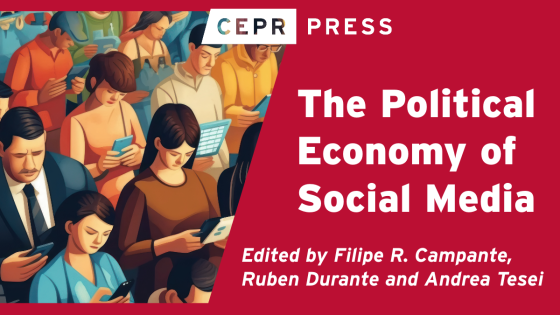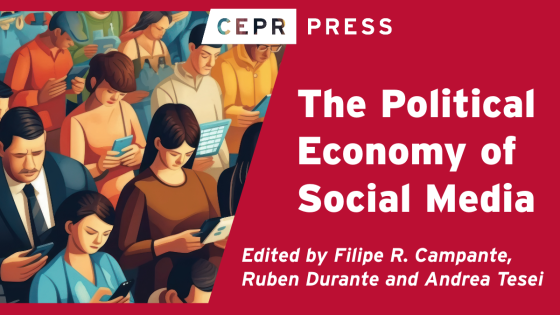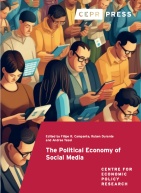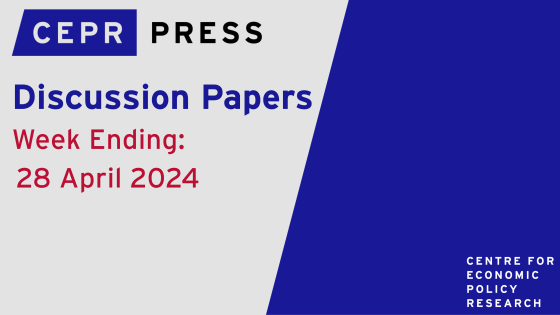Key insights include:
- Social media has emerged as a massive shock to political systems globally, surpassing the impact of 20th-century legacy media.
- Evidence suggests there are substantial negative effects on subjective well-being, raising considerations for content moderation and regulation.
- Every user as both content provider and consumer distinguishes social media from traditional mass media, creating an unprecedented diversity of content. The eBook explores how low entry barriers and like-minded networks contribute to political outcomes, both positive and negative.
- Social media's influence on voters in democratic elections is explored, revealing lower trust in government, support for populism, increased polarisation, and strategic exploitation by political outsiders.
- Social media offers equally unprecedented opportunities for coordination and collective action. This can greatly empower citizens but, critically, also empowers politicians and political actors in general, who can use it to achieve wide-ranging strategic goals, from the desirable to the destructive.
- The eBook delves into the tensions arising from social media's empowerment of citizens and politicians in autocracies, exemplified by the case of China.
- Social media's indirect effects on shaping other media outlets are discussed, amplifying its impact beyond immediate reach and further underlining its ubiquity.
- Policy recommendations include regulating algorithms to address polarisation and considering the interplay between social media and traditional media platforms.
Overall, this eBook provides compelling insights into social media’s nuanced and complicated impact on the political and social landscape. Rather than providing judgments on whether social media is "good" or "bad", the chapters underscore the variability of consequences based on diverse outcomes and contexts. These findings will help inform policymakers on the future direction of social media regulation and moderation, recognising its enduring significance in society, particularly in the realm of politics.



